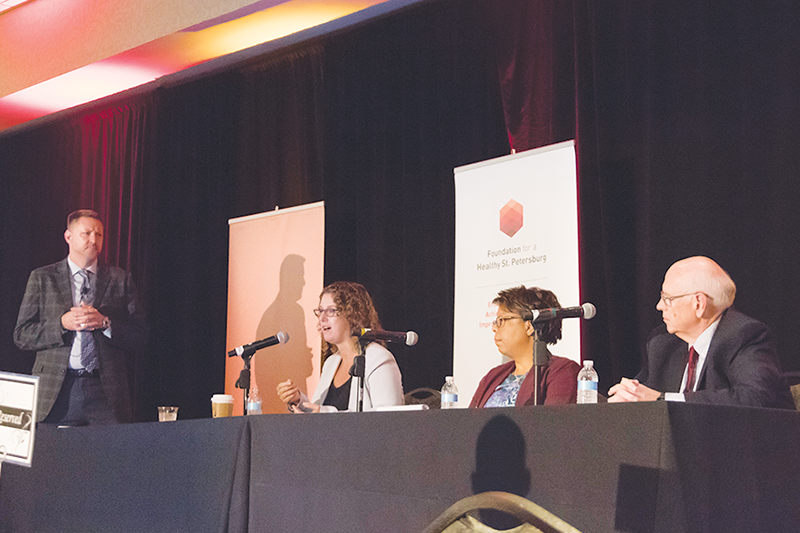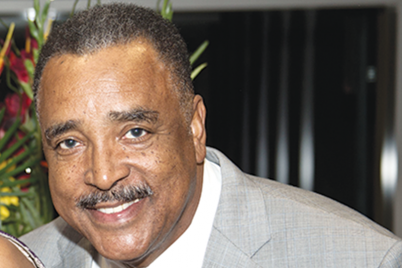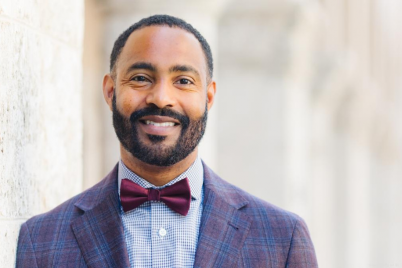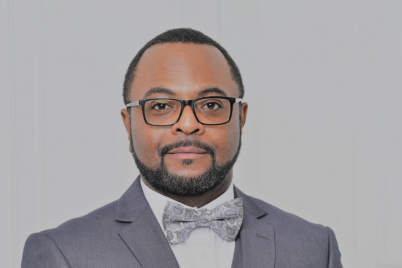L-R, Rusty Bennett, Collaborative Solutions; Diane Yentel, National Low Income Housing Coalition; Peggy Bailey, Center on Budget and Policy Priorities; Fred Karnas, Kresge Foundation /Foundation for a Healthy St. Petersburg
BY TIFFANY BEYER, Neighborhood News Bureau
A panel of housing experts, along with community members and partners, met to review and discuss a new report on the state of affordable housing in St. Petersburg earlier this month.
The report entitled, “Home: A Pathway to Health Equity Through Housing”, was a joint project between the Foundation for a Healthy St. Petersburg and Collaborative Solutions, and provides an in-depth look at how affordable and accessible housing is a social determinant of health.
The panel was comprised of Peggy Bailey, director of the Health Integration Project, Center on Budget and Policy Priorities; Diane Yentel, president and CEO of the National Low Income Housing Coalition; Fred Karnas, Senior Fellow of the Kresge Foundation and was moderated by Rusty Bennett, the CEO of Collaborative Solutions.
Randal Russell, president and CEO of Foundation for a Healthy St. Petersburg, referred to the report as “a launch, not a destination” when introducing the event.
He made it clear that addressing the housing issue will be an ongoing process, and that it will take time and effort to dismantle the embedded historical, social and structural barriers that affect the affordability and access to housing in St. Petersburg.
The central and south neighborhoods of Pinellas County are hit the hardest when it comes to lack of affordable housing and low-incomes, according to the report, and they also happen to have the highest concentrations of residents of color. Therefore, the relationship between housing and health affecting households of color was a prominent topic during the discussion.
“I think there’s been this interesting reflective point for the housing community…there’s been this new understanding among affordable housing advocates about the history of racist housing policy, and how it led to the segregated communities that exist today,” Yentel said.
Bennett agreed.
“Housing really represents a broader interplay of systems outside of the individual, outside of the individual community,” he said.
“Those political systems, those social systems, economic conditions, a few weeks ago we had Richard Rothstein here talking about ‘The Color of Law’ and about how the history of policy and discriminatory practices have led to adverse housing impacts.”
The audience was especially responsive when Bailey, the only person of color on the panel, touched on the racism that affects the housing sector.
She discussed a “Frontline” special that included an interview with a woman in Frisco, Texas, who said that she doesn’t want people who are different from her living next door to her because they’re not going to have the same values that she has.
“That right there is disgraceful,” Bailey said. “Obviously she started the phrase with ‘I’m not racist but…’. And if you ever start talking, and say those words, you need to stop because what you’re about to say is racist,” Bailey said.
The crowd responded with laughter and applause.
“That’s why fair housing law is so important, that’s why us coming together and calling out racism when it’s racism is important,” Bailey said.
“I think sometimes we say that there are health disparities based on race, and I think that we should start to say that there are health disparities based on racism because those are two different things.”
Veatrice Farrel, executive director of The Deuces Live, was pleased with the event.
“I thought it was an excellent panel discussion,” Farrell said.
“We often talk about the demand side of housing, but we don’t talk about the supply,” she continued. “I see it on a micro level; I know people who live there who have landlords that won’t sell,” she said, referring to the 22nd Street South area of St. Pete.
Leigh Davis, a board member of Florida Cooperative Empowered Economic Development Corp, came to the event to see if the conversation was also including housing co-ops.
“I think we’re getting there,” Davis said.
“I think that right now we’re looking at this from a policy standpoint of government, and of developers, and I think that it’s also time for us to make sure that the community is there in that solution as well.”
The affordable housing conversation and a more detailed review of “Home: A Pathway to Health Equity Through Housing,” as well as the establishment of an action plan will be taking place on Friday, Dec. 14 from 8-2:30 p.m. at Collaborative Labs in Clearwater.
Register for the event at healthystpete.foundation/events.
Tiffany Beyer is a student reporter in the Neighborhood News Bureau of the University of South Florida St. Petersburg. Visit http://www.nnbnews.com/ for more info.












